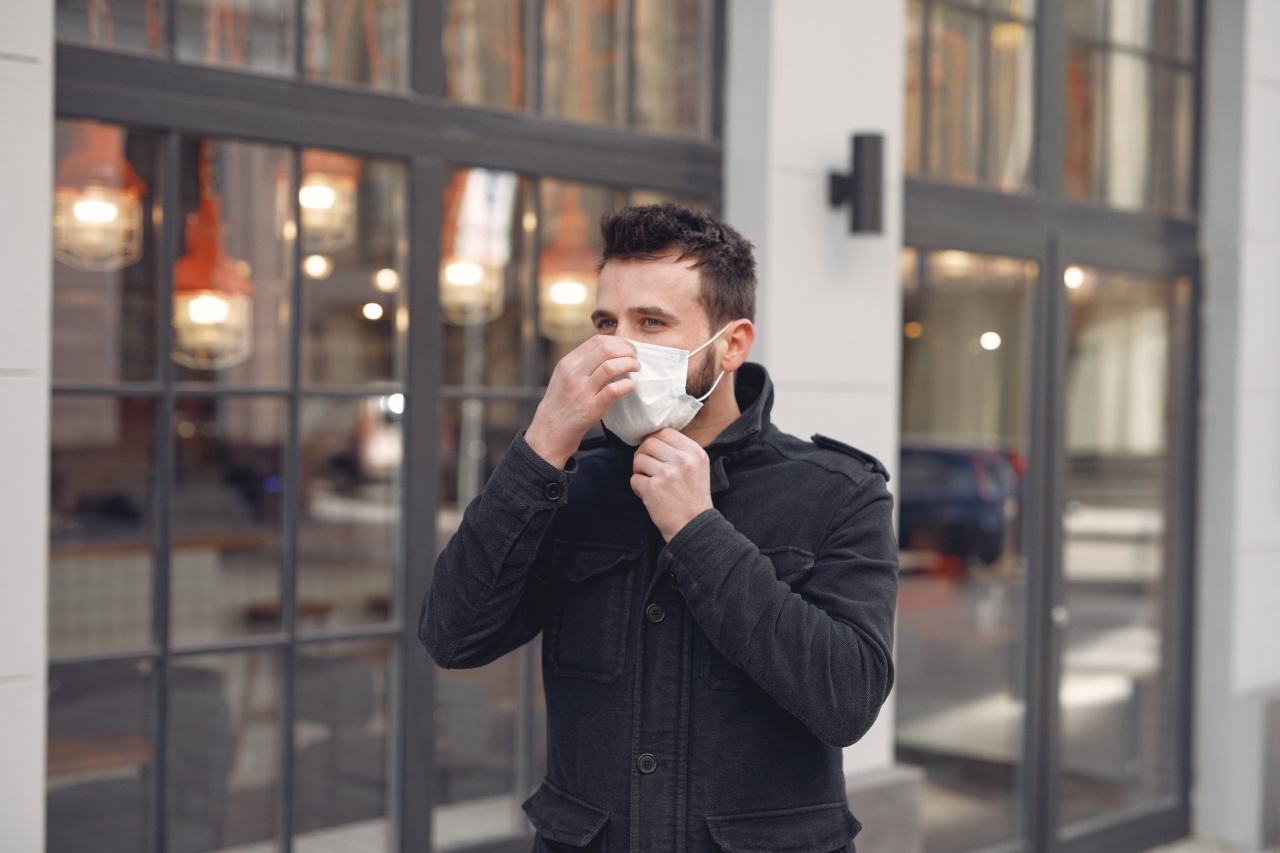Sleep is essential for good health and well-being. It is the time when our body repairs and rejuvenates itself, but lack of sleep can put us at risk of various illnesses including flu, colds and pneumonia.
In this article, we will discuss the connection between sleep deprivation and respiratory illnesses and find out if you are at risk of getting sick due to lack of sleep.
How does sleep affect our immune system?
Our immune system is responsible for defending our body against viruses, bacteria and other harmful pathogens. When we sleep, our body produces cytokines, which are proteins that help the immune system fight infections, inflammation and stress.
Lack of sleep can reduce the production of cytokines, making us more susceptible to illnesses.
The link between lack of sleep and respiratory illnesses
Inadequate sleep has been linked to an increased risk of respiratory illnesses such as colds, flu and pneumonia.
According to a study published in the journal Sleep, people who sleep less than six hours a night are four times more likely to catch a cold than those who sleep seven hours or more. Lack of sleep also weakens the immune system, making it harder for our body to fight infections.
Who is at risk of getting sick due to lack of sleep?
Everyone is potentially at risk of getting sick due to lack of sleep, but some groups are more vulnerable than others. Here are some factors that increase your risk:.
- Shift workers who work irregular hours and have disrupted sleep patterns
- People who travel frequently and experience jet lag
- Individuals with sleep disorders such as insomnia or sleep apnea
- People with high stress levels
- Elderly individuals, who tend to have more fragmented sleep and weakened immune systems
How to prevent respiratory illnesses due to lack of sleep
Here are some tips to help you prevent respiratory illnesses due to lack of sleep:.
- Get enough sleep: Aim for at least seven hours of sleep per night.
- Maintain a regular sleep schedule: Go to bed and wake up at the same time every day.
- Avoid caffeine and alcohol before bed: These substances can interfere with sleep patterns.
- Keep your bedroom dark, quiet and cool: This can help improve sleep quality.
- Reduce stress: Practice relaxation techniques such as meditation or yoga to reduce stress and improve sleep.
- Wash your hands regularly: This can help prevent the spread of viruses and bacteria.
- Get vaccinated: Annual flu vaccinations can help protect against contracting the flu.
Conclusion
Sleep is crucial for good health and lack of sleep can put us at risk of various illnesses, including respiratory illnesses such as colds, flu and pneumonia.
If you are at risk, take steps to improve your sleep habits and reduce your chances of getting sick. By getting enough rest, maintaining a regular sleep schedule, and adopting healthy lifestyle habits, you can keep yourself healthy and strong.





























